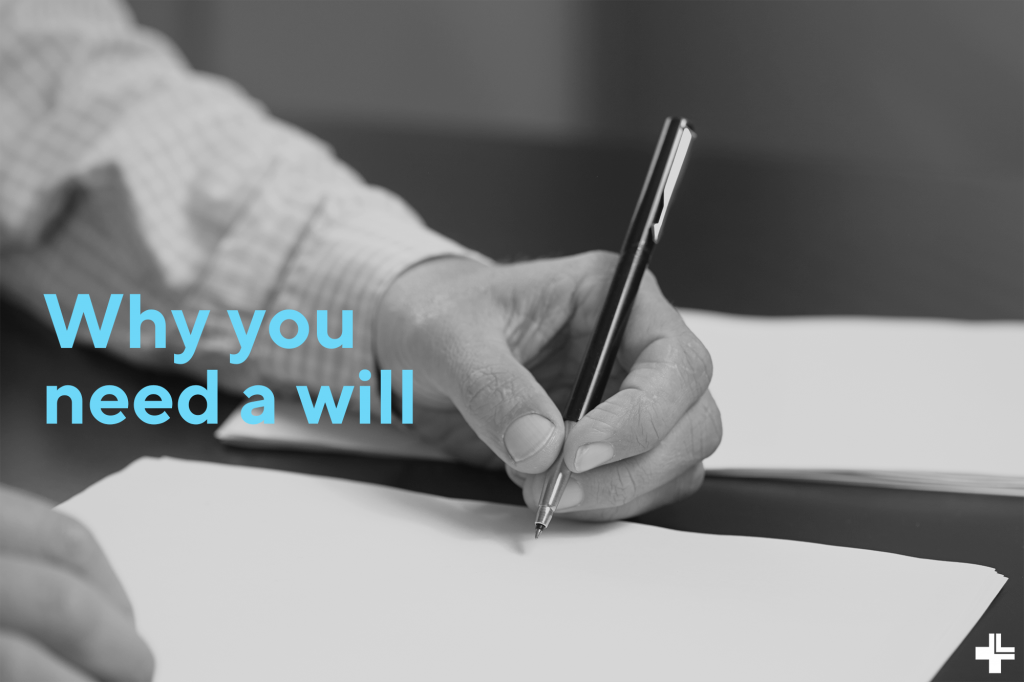As a Physician, you have spent the better part of your life building up assets and providing for your family. All too often people don’t think about what happens when they pass away and how to plan. There are two parts of estate planning. First, you need a Will. Second, you need to understand what happens to your assets when you pass away and how can you plan to reduce tax. This article discusses the importance of having a will and the implications if you pass away without one.
Your Will is your final document and provides direction with respect to asset distribution, and your final wishes. It’s important that your Will be up to date and reviewed on a regular basis. Probate is the process where a Will is deemed valid and it gives your Executor the authority to act. If you are incorporated and want to reduce probate, you may consider preparing two wills; one for your probated assets (i.e. bank accounts and personal investments) and one for your non-probated assets (i.e. shares of your corporation). The secondary will remove the non-probated assets out of your primary residue estate and avoids probate tax (1.5%) on these assets.
What happens to your assets and wishes if you don't have a will?
When a person dies without a valid will, called “intestate”, Ontario’s Succession Law Reform Act sets out how the estate is distributed. Your wishes and dreams are not accounted for and asset distribution is according to a formula - you lose control. According to the Act as of 2022, unless someone who is financially dependent on the deceased person makes a claim, the first $200,000 is given to the deceased person’s spouse if he or she has decided to claim his/her entitlement. The other possibility is to claim half of the net family property. Anything over $200,000 is shared between the spouse and the descendants (e.g. children, grandchildren) according to specific rules.
- If there is no spouse, the deceased person’s children will inherit the estate. If any of them have died, that child’s descendants (e.g. the deceased person’s grandchildren) will inherit their share.
- If there is no spouse or children or grandchildren, the deceased person’s parents inherit the estate equally.
- If there are no surviving parents, the deceased person’s brothers and sisters inherit the estate. If any of the brothers and sisters have died, their children (the deceased person’s nieces and nephews) inherit their share.
- If there are no surviving brothers and sisters, the deceased person’s nieces and nephews inherit the estate equally. However, if a niece or nephew has died, their share does not pass to their children.
- When only more distant relatives survive (e.g. cousins, great nieces or nephews, great aunts and uncles), the rules are complex and you should speak to a lawyer.
- If any heir was alive when his or her relative died, but died before the estate was distributed, that person’s own heirs are entitled to their share.
- When a person dies without a will, only blood relatives, including children born outside of marriage, or legally adopted children can inherit. Half-blood relatives share equally with whole-blood relatives.
Implications: Everyone should have a will that lays out how and when assets are distributed - without a will your assets are out of your control and wishes.
How can we assist?
Levine Financial Group has a wills and estates specialist in our office. If you want to review or update your will or power of attorney, please call us at 416-222-1311 or email info@levinefinancialgroup.com As part of your overall planning, if you want to review your insurance, please click here
Elliott Levine is the President of Levine Financial Group in Toronto
416-222-1311 I info@levinefinancialgroup.com

